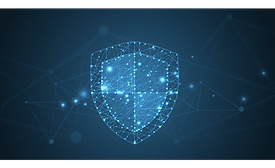Cybersecurity News
Cybersecurity skills crisis worsens for fourth year in a row, impacting 70% of organizations
Fourth annual global study from ESG and ISSA finds 45 percent state cybersecurity skills shortage has only gotten worse over the past few years. Why has nothing changed?
July 30, 2020
Sign-up to receive top management & result-driven techniques in the industry.
Join over 20,000+ industry leaders who receive our premium content.
SIGN UP TODAY!Copyright ©2024. All Rights Reserved BNP Media.
Design, CMS, Hosting & Web Development :: ePublishing










